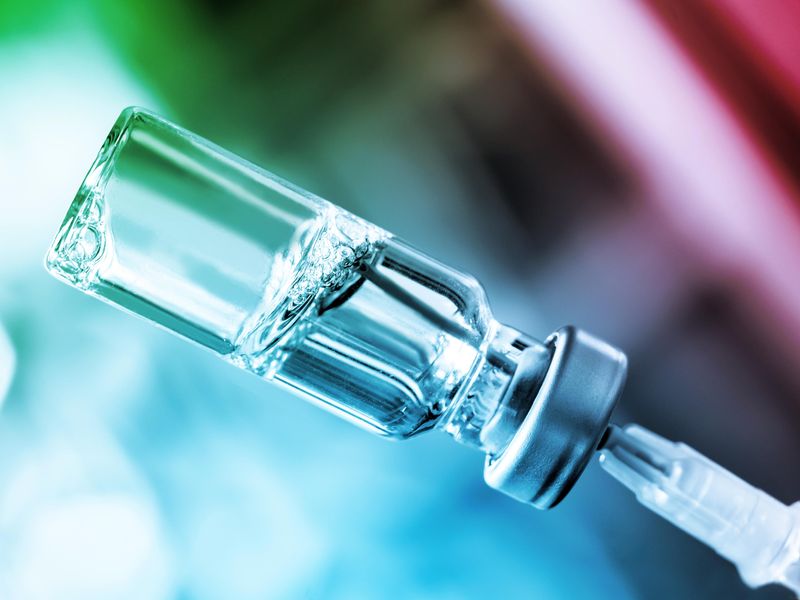Seroprotection rate increased from 94.4 percent at eight weeks after second dose to 98.5 percent at week 24
WEDNESDAY, Oct. 26, 2022 (HealthDay News) — For persons living with HIV (PLWH), a three-dose hepatitis B virus (HBV) vaccine adjuvanted to a TLR-9 agonist (HepB-CpG) yields 100 percent seroprotection, according to a study presented at the annual meeting of the Infectious Diseases Society of America (IDWeek), held from Oct. 19 to 23 in Washington, D.C.
Kristen Marks, M.D., of Weill Cornell Medical College in New York City, and colleagues examined the immunogenicity of the HBV vaccine HepB-CpG in PLWH. A total of 74 eligible participants without past HBV infection who were receiving antiretroviral therapy and had CD4 ≥100 cells/mm3 and HIV-1 RNA <1,000 copies/mL received HepB-CpG intramuscularly at weeks 0, 4, and 24. The primary analysis included 68 participants.
The researchers found that all 68 participants completed three doses and achieved seroprotection (anti-HepB virus surface antibodies [HBsAb] ≥10 mIU/mL). Overall, 88 percent had HBsAb >1,000 mIU/mL. In the per-protocol analysis including 62 participants, the seroprotection rate (SPR) was 100 percent. At eight weeks after the second dose and at week 24 before the third dose, the SPR was 94.4 and 98.5 percent, respectively. There was an increase observed in the proportion of participants with HBsAb >1,000 mIU/mL from 27.9 to 83.8 percent at week 24 to week 28. Sixty-one percent of participants had one or more adverse events related to study treatment, with the most frequent adverse events being vaccination site pain, malaise, fatigue, myalgia, and headache (40, 26, 23, 22, and 22 percent, respectively).
“100 percent seroprotection was achieved at four weeks after three doses of the HepB-CpG. No unexpected safety issues were observed,” the authors write.
Several authors disclosed financial ties to the pharmaceutical industry.
Copyright © 2022 HealthDay. All rights reserved.








